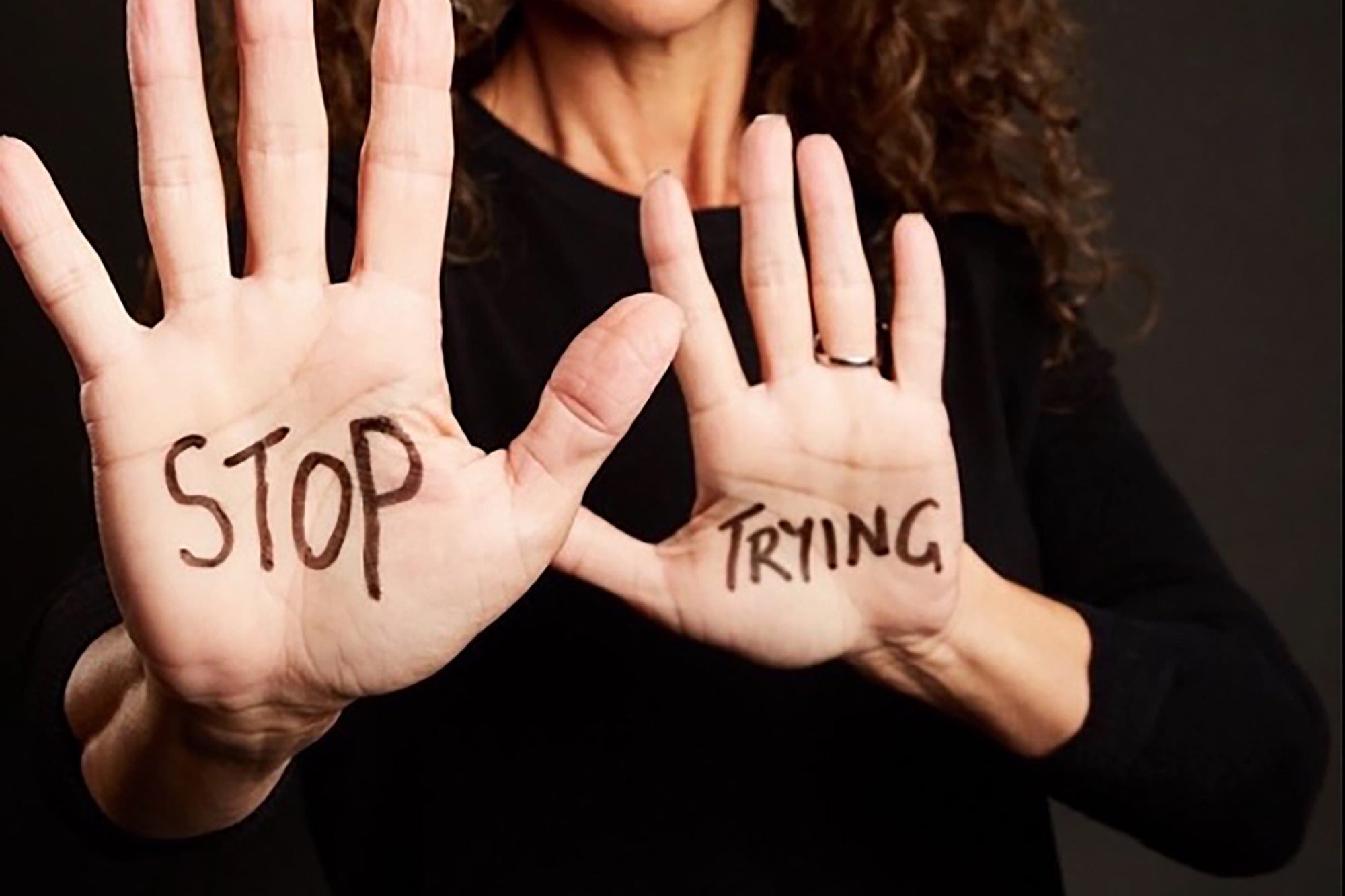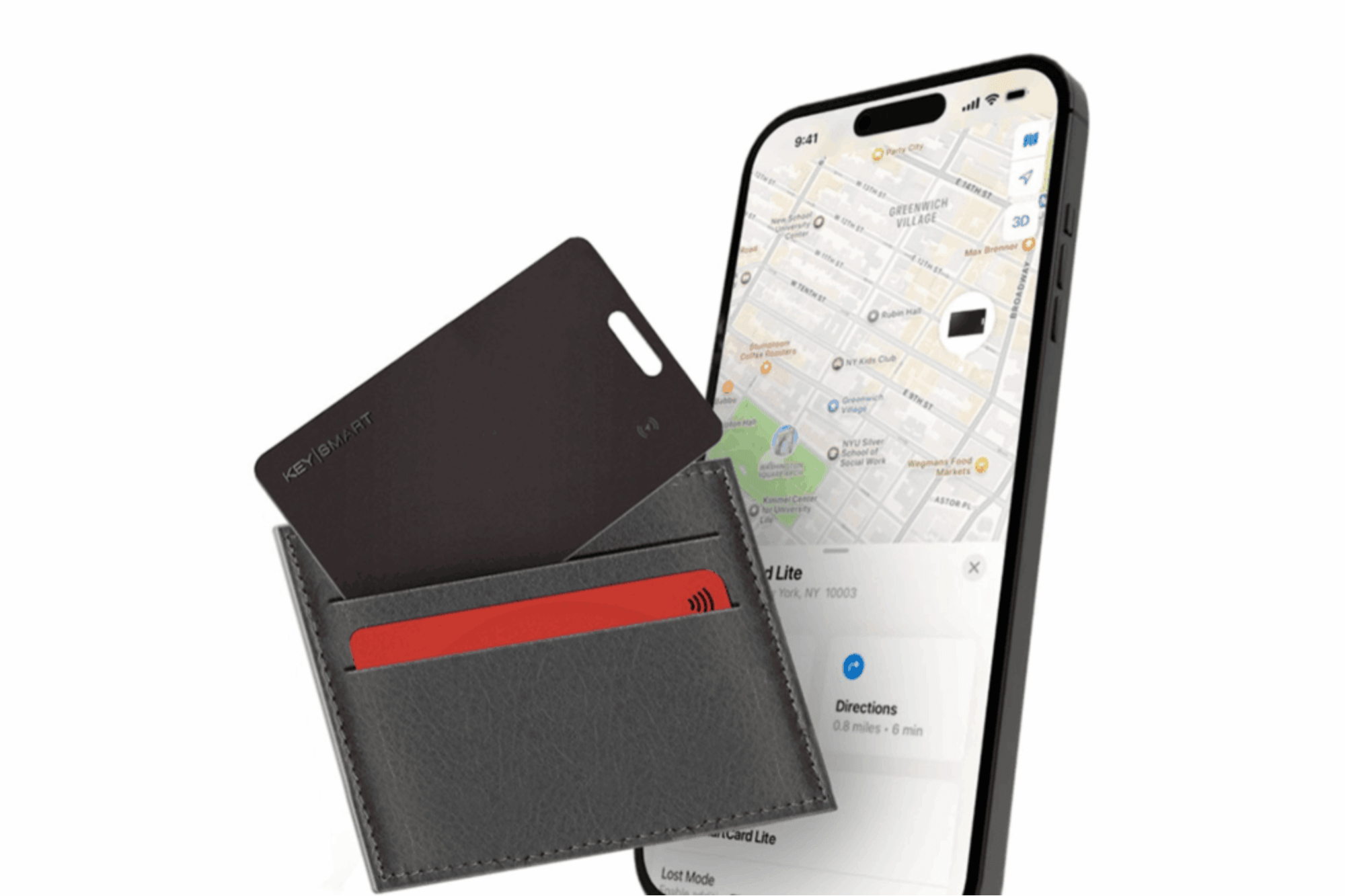Supreme Court Unanimously Rules Police Can't Search Smartphones Without a Warrant 'The fact that technology now allows an individual to carry such information in his hand does not make the information any less worthy of the protection for which [America's] founders fought.'
By Geoff Weiss
Opinions expressed by Entrepreneur contributors are their own.
The Supreme Court's ruling yesterday that police must obtain warrants in order to search citizens' cellphones marks a bold support of privacy in a blurring digital era, and also provides a stunning glimpse into the trove of personal data typically found within such devices.
The unanimous ruling "almost certainly also applies to searches of tablet and laptop computers," reports The New York Times. And in addition to arrests, it may also "apply to searches of homes and businesses and information held by third parties like phone companies."
In the ruling, Chief Justice John Roberts explains how smartphones paint a remarkably holistic picture of our daily whereabouts, interests and habits. (12 percent of Americans even use their devices in the shower, he noted.)
"Even the word cellphone is a misnomer," Roberts wrote. "They could just as easily be called cameras, video players, Rolodexes, calendars, tape recorders, libraries, diaries, albums, televisions, maps or newspapers."
Related: Aereo Loses Supreme Court Case, Streaming TV Service Deemed Illegal
But just because we rely heavily on these mobile devices does not mean they should be any less protected than our homes or cars. "The fact that technology now allows an individual to carry such information in his hand does not make the information any less worthy of the protection for which [America's] founders fought."
The ruling comes as a major blow to government agencies, who have argued that warrantless searches ensure both protection and security of evidence. But Roberts wasn't taking the bait. "Once an officer has secured a phone and eliminated any potential physical threats," he wrote, "data on the phone can endanger no one."
He did state that officers have the right to secure a cellphone, remove the battery and place it in an aluminum bag to stop any sort of remote connection. And he also noted that if officers are in a "now or never" situation, they can search the phone under a clause within the Fourth Amendment that covers "exigent circumstances."
The ruling can be read in full right here.











